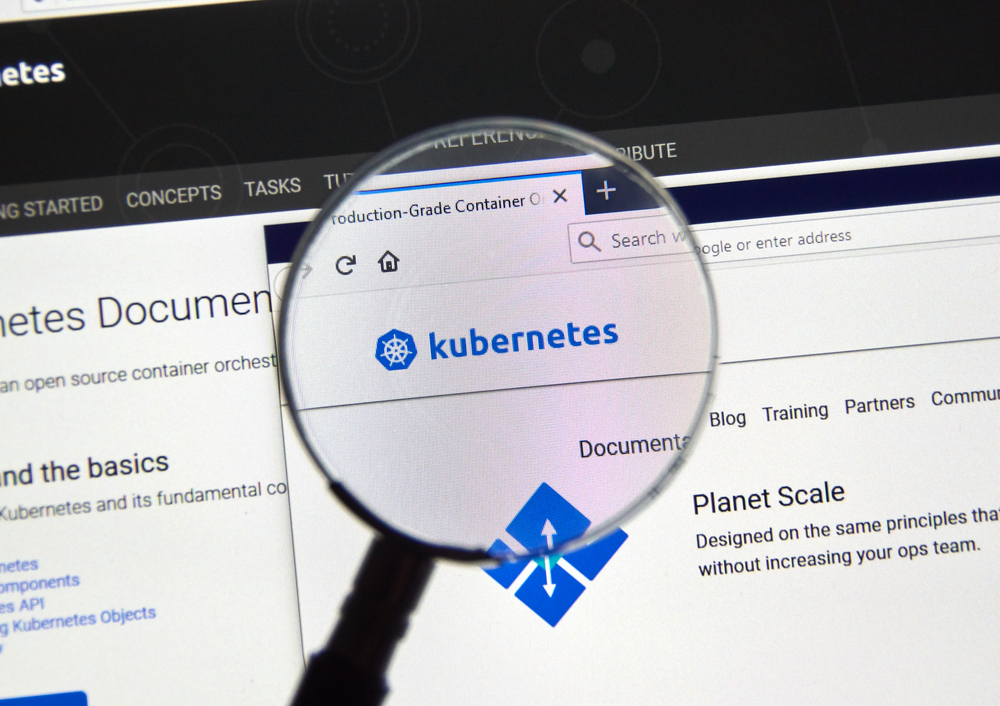Kubernetes costs spiralling as businesses fail to monitor spend
Although most businesses are reporting costs as expected to rise, less than 30% use accurately track this spend


Expenditure on Kubernetes is rising dramatically, and most businesses are struggling to accurately project how much they’re expecting to spend on their container orchestration systems in future.
Over the last year, Kubernetes-related costs surged for 68% of businesses, according to research by the Cloud Native Computing Foundation (CNCF), which manages the ecosystem. Just 12% of businesses lowered their Kubernetes expenses, while among organisations to have sustained an increase, half saw it jump by more than 20%.
Kubernetes is an open source container orchestration system for automating app deployment, scaling and management. While it was originally designed by Google, Kubernetes is now maintained by the CNCF.
The trend does not come as a surprise, according to the report, because as most organisations adopt cloud-native architectures and scale up Kubernetes environments, the associated cloud costs will rise.
Despite costs projected to spiral, however, there’s a disconnect between these rising expenses and how well most businesses are able to accurately forecast Kubernetes costs, project these, and instigate processes that can manage overspend.
CNCF and the FinOps Foundation surveyed senior IT staff from their extended communities of 195 organisations, which is a small sample size but serves as a representative sample of a cross-section of businesses.
The vast majority of respondents either don’t monitor Kubernetes spending at all, 24%, or rely on monthly estimates only, 44%. Only 13% used accurate show-backs while 14% had a chargeback programme in place.
Get the ITPro daily newsletter
Sign up today and you will receive a free copy of our Future Focus 2025 report - the leading guidance on AI, cybersecurity and other IT challenges as per 700+ senior executives
RELATED RESOURCE

Cloud operational excellence
Everything you need to know about optimising your cloud operations
“As more organisations adopt cloud-native architectures and scale up Kubernetes environments, the associated cloud costs will rise,” the report said. “However, the FinOps for Kubernetes survey uncovered a disconnect between these rising expenses and how well most respondents have been able to accurately and effectively monitor Kubernetes costs, predict those costs, and instill processes that can curtail unnecessary overspend.
“Whether spending $10,000 per month or 100x that, the lack of real-time cost visibility and the insights and actions that organisations can take from that suggests that the majority of organizations leveraging Kubernetes can become significantly more cost-efficient – and do so without impacting performance.”
As cloud costs continue to rise for the majority of businesses, the report urges organisations to adopt processes and systems to track how much they spend. Firms should look beyond basic cost estimations and should instead seek to allocate costs back to granular environments and projects for show-back and chargeback.

Keumars Afifi-Sabet is a writer and editor that specialises in public sector, cyber security, and cloud computing. He first joined ITPro as a staff writer in April 2018 and eventually became its Features Editor. Although a regular contributor to other tech sites in the past, these days you will find Keumars on LiveScience, where he runs its Technology section.
-
 Should AI PCs be part of your next hardware refresh?
Should AI PCs be part of your next hardware refresh?AI PCs are fast becoming a business staple and a surefire way to future-proof your business
By Bobby Hellard Published
-
 Westcon-Comstor and Vectra AI launch brace of new channel initiatives
Westcon-Comstor and Vectra AI launch brace of new channel initiativesNews Westcon-Comstor and Vectra AI have announced the launch of two new channel growth initiatives focused on the managed security service provider (MSSP) space and AWS Marketplace.
By Daniel Todd Published
-
 Better together
Better togetherWhitepaper Achieve more with Windows 11 and Surface
By ITPro Published
-
 Transforming the enterprise
Transforming the enterpriseWhitepaper With Intel and CDW
By ITPro Published
-
 The top trends in money remittance
The top trends in money remittanceWhitepaper Tackling the key issues shaping the money remittance industry
By ITPro Published
-
 Inside the Make-A-Wish Foundation ‘lift and shift’ cloud transformation
Inside the Make-A-Wish Foundation ‘lift and shift’ cloud transformationCase Study The charity wrestled with budgetary challenges to overhaul its legacy IT by tapping into Microsoft Azure
By Ross Kelly Published
-
 How Kantar revamped its IT infrastructure after being sold off
How Kantar revamped its IT infrastructure after being sold offCase Study Being acquired by a private equity firm meant Kantar couldn’t rely on its parent company’s infrastructure, and was forced to confront its technical shortcomings
By Rene Millman Published
-
 Deutsche Bank wraps up Postbank IT integration after bug-laden migrations
Deutsche Bank wraps up Postbank IT integration after bug-laden migrationsNews The IT merger is expected to generate annual savings of €300 million by 2025
By Daniel Todd Published
-
 Analyzing the economic benefits of Dell Technologies with VMware Tanzu & Intel
Analyzing the economic benefits of Dell Technologies with VMware Tanzu & IntelWhitepaper ESG economic validation
By ITPro Published
-
 Four trends influencing the future of cloud, data centers, and edge infrastructure
Four trends influencing the future of cloud, data centers, and edge infrastructureNews Gartner says organizations should use the economic downturn to re-evaluate their infrastructure capabilities
By Ross Kelly Published